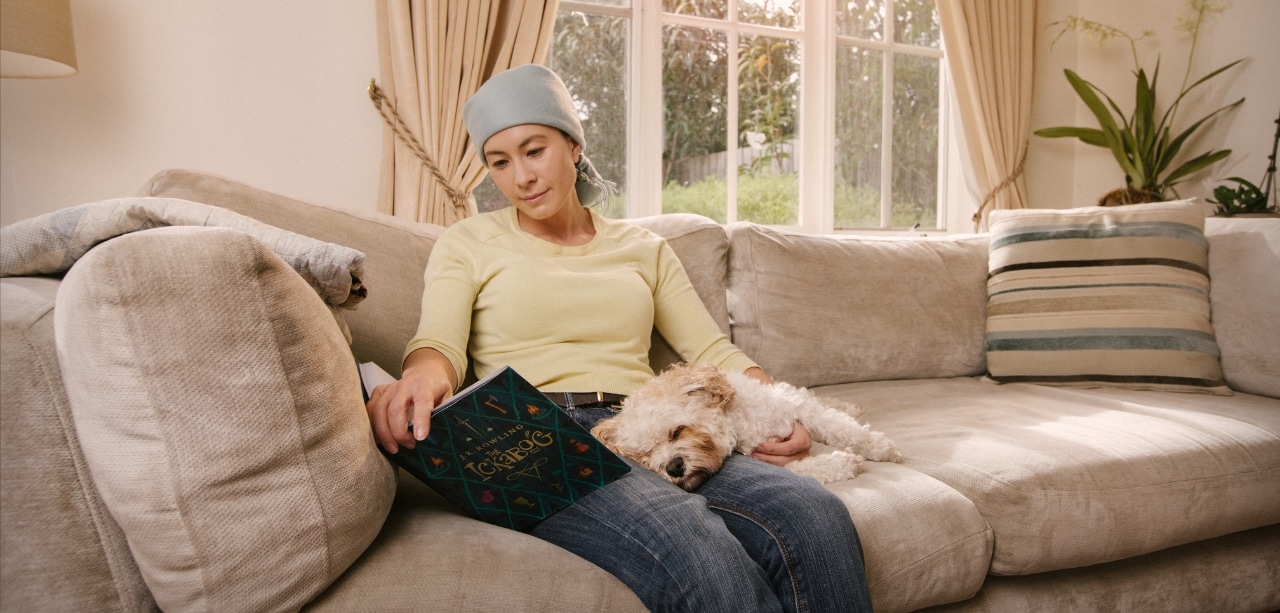Cancer is a disease that can cause physical and emotional pain for the person living with cancer, as well as their families. Palliative care is a specialised form of medical care that focuses on improving the quality of life for patients with serious illnesses, including cancer.
Palliative care providers do the following:
- Manage pain and other symptoms
- Provide emotional support and practical assistance
- Ensure that patients receive comprehensive and compassionate care.
If you or a loved one is looking for cancer palliative care at home, Prestige Inhome Care can support you or a loved one living with cancer. Our tailored palliative care services give you more options and greater choice, in the comfort and privacy of your own home.
Understanding Palliative Care
Palliative care is an approach to medical care that focuses on improving the quality of life for patients and their families who are facing serious illnesses such as cancer. It is not just about managing physical symptoms but also addressing the psychological, social, and spiritual aspects of the patient’s life.
It is also important to note that palliative care is not only for end-of-life care. It can be provided throughout the course of the illness, from the point of diagnosis through to the end of life. The goal of palliative care is to help patients and their families live as well as possible, for as long as possible.
Role of Palliative Care in Supporting Someone with Cancer at Home
Palliative care can be provided in a patient’s own home, as well as hospitals and hospices. For many people with cancer, receiving palliative care at home is often preferred as it allows them to remain in a familiar environment surrounded by their personal comforts, and to be close to their loved ones.
In-home palliative care can include:
- Pain and symptom management, such as management of fatigue, nausea and shortness of breath
- Assistance with personal care, such as bathing and dressing
- Assistance with medications and medical equipment
- Emotional and spiritual support for the person with cancer and their loved ones
- Education and support for family caregivers
- Transport to appointments
- Domestic support, eg. cleaning, cooking and laundry, allowing you and your loved ones to spend more quality time together.
Setting Up Palliative Care At Home
Your palliative care provider can assist you with preparing your home.
To receive palliative care at home, patients and their families should discuss their needs with their healthcare provider. Receiving palliative care may involve making modifications to the home environment and ensuring that the necessary equipment and supplies are available.
Common Misconceptions About Palliative Care
There are many misconceptions about palliative care, which can prevent patients and their families from seeking out this particular form of care. One of the most common misconceptions is that palliative care is only for patients who are near the end of life. While palliative care can provide end-of-life care, it is also appropriate for patients at any stage of serious illness, including cancer.
Another misconception is that palliative care is the same as hospice care. While both types of care focus on improving the quality of life for patients with serious illnesses, palliative care can be provided at any stage of the illness, while hospice care is typically provided to patients who have a life expectancy of six months or less.
Palliative care plays a critical role in supporting patients and their families at home. Its primary purpose is to improve the quality of life for patients and their families.
Prestige Inhome Care’s Palliative Care Service
At Prestige Inhome Care, we provide care services to clients with a cancer diagnosis in Melbourne, Sydney and the Sunshine Coast. Every day, our palliative care teams support clients and their families during this difficult time.
Prestige Inhome Care’s palliative care team works closely with the patient’s primary care physician and other healthcare providers to ensure that the patient’s needs are met and that they receive the best possible care.
